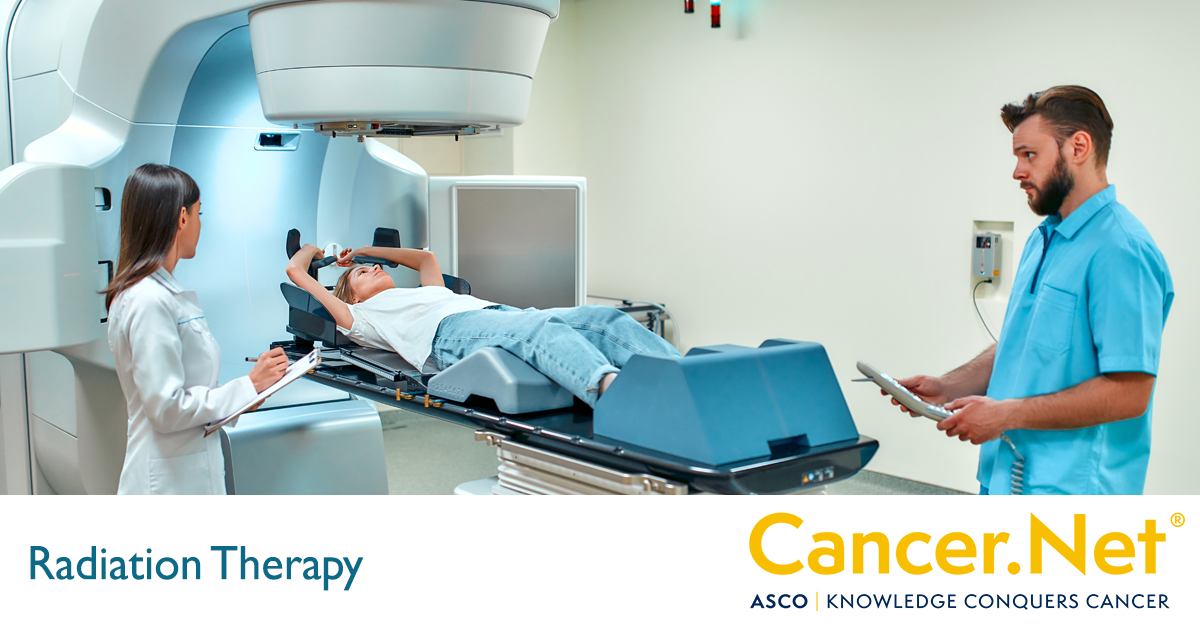Research remains an essential part of cancer care. In this blog, we will provide information about recent updates or new approvals as it applies to breast cancer written by Dr. Sharon Wilks.
How Long can you wait for Radiation after Surgery?
Radiation treatment has remained an essential treatment particularly for those individuals who are at higher risk of breast cancer recurrence. The addition of radiation to surgery and chemotherapy has significant impact on local and distant recurrence rates.
This article addressed the time period that radiation can be postponed and still derive benefit. Typically, patients with large tumors with or without nodal involvement face a fair amount of treatment in the current modern era. Due to a larger tumor amount, these individuals can face higher risk of recurrences if treated with surgery alone; thus, the patient with larger tumors may face surgery (usually full mastectomy), radiation and chemotherapy. If the tumors test positive for hormone receptors (estrogen and/or progesterone receptor is positive on biopsy tests/stain), these individuals also appear to benefit from use of endocrine blockade, i.e., Tamoxifen® or Anastrazole (or other Aromatase Inhibitors). More recently, the FDA approved addition of drugs known as CDK 4/6 inhibitors-Abemaciclib, if a person has four or more nodes involved with cancer and have tumors with a high proliferative rate.
Clear value has been shown with the addition of radiation even if a person has undergone a full breast mastectomy in the setting where the total tumor size is five cm or greater and if nodes are involved particularly if node involvement of four or more nodes are found at the time of surgery. With so much treatment that is necessary, when is the ideal timing or how long can radiation be postponed?
In this study, a median follow-up of 83.5 months (almost seven years) of 584 patients with stage II & stage III breast cancer took place.
In this study, all patients had undergone a breast mastectomy and due to the stage of disease, these individuals were deemed candidates for chemotherapy and radiation. Terms for assessment included surgery-radiation (RT) interval (SRI) and chemotherapy-RT interval (CRI). Assessments for Overall survival (OS) and locoregional recurrence (LRR)-cancer recurrence in the breast or underarm or both, distant metastasis (DM) and Disease Free Survival (DFS) were evaluated in this group of patients.
The SRI (that is time from surgery to radiation) took place in a median of 168 days (roughly five and a half months) and the median CRI (that is time from chemotherapy to the start of radiation) was 27 days (or less than one month).
Interestingly, the authors discovered that a median SRI of greater than 210 days (or roughly seven months from surgery to the initiation of radiation) was associated with a higher risk of development of distant metastasis (DM) and a lower Overall Survival (OS) and lower Disease Free Survival (DFS) when compared to SRT of less than 180 days or a SRT of 180-210 days.
Also, a CRI (chemotherapy to radiation initiation) of greater than 42 days was also associated with a poorer outcome with a higher risk of DM, lower OS and lower DFS when compared to individuals with a CRI of less than 28 days or a CRI of 28-42 days. The impact of these time intervals on local recurrence rates was not demonstrated in this post ad hoc study.
Traditionally, individuals at higher risk of distant recurrence are usually recommended to undergo chemotherapy directly after surgery with plans to follow with radiation post-mastectomy after chemotherapy is completed. Typical chemotherapy regions for these individuals can be lengthy in the modern era with use of drugs like Anthracyclines (Adriamycin® and Epirubicin) and Taxane therapy (Paclitaxel/Taxol ® and Docetaxel/ Taxotere®). Even with dose dense schedules (treatment that is given over a shorter period, for example – Adriamycin/Cytoxan known as AC was originally given every three weeks but in a dose dense schedule, it is traditionally given every two weeks which shortens the course of 12 weeks to eight weeks when it is given for four cycles/courses), this treatment duration can last as short as 16 weeks (four months) to as long as six months depending on the schedule.
This study would suggest that surgery interval with chemotherapy to radiation ideally should be no longer than six to six and a half months to avoid having these individuals at even higher risk of recurrence and death. Also, when chemotherapy is done, ideally treatment with radiation should start within four weeks (one month) after the last dose of treatment. Though this is obviously ideal, after so much treatment, residual side effects from chemotherapy and surgery can certainly lead to delays in radiation or even a decision not to undergo radiation after such extensive therapy. Better ways to fight risk of recurrence does appear to be necessary.
In research, looking at ways to find better and safer ways to fight cancer is ongoing. The complicated schedule that many breast cancer survivors face can be daunting; hopefully, better drugs that have less associated risk may allow for avoidance of risk of relapse. With research, better drugs and use of novel radiation strategies may allow for less risk and shorter durations of therapy moving forward. Always remember that if a research opportunity is offered, consider participating. Many feel this is the only way to improve cancer outcomes and improve a person’s tolerance to treatments.

